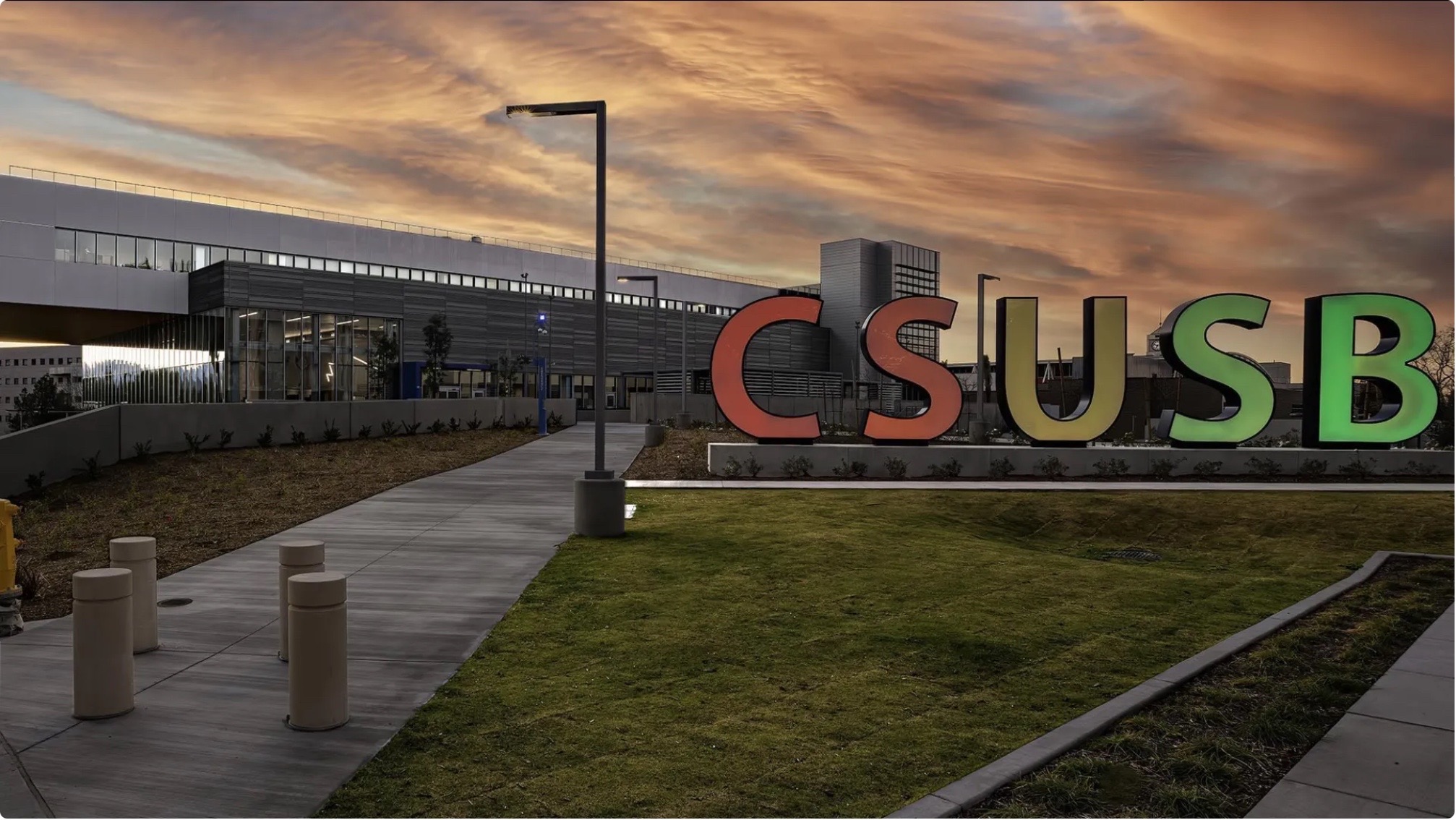California’s largest public university system, the California State University (CSU), is set to implement a uniform tuition increase across all its campuses, sparking significant controversy and concern. The tuition hike raises critical questions about the balance between economic sustainability and equitable access to education. This is more evident at CSUSB which hosts students from Inland Empire with the majority classified as first generation and coming from low-income families.
CSU has come up with a formal decision to increase tuition across California by 34% over five years, at an annual rate of 6%. This disparity causes a lot of struggle throughout those who want to receive an education throughout the Inland Empire. Tuition prices were already at a staggering number, limiting thousands of students from getting their degree, and this increase is only making matters worse.
According to some data found from The Guardian, the tuition hike would bring the cost for an undergraduate attending a CSU school next year to $5,782. In five years, that would rise to $7,682. The Public Policy Institute of California also found that while tuition within the CSU system has risen just once since the Great Recession, students’ fees for health services and materials have also increased over time, leading the combined cost of attending CSU schools to rise to between $8,000 and $9,000 by 2028. This tuition increase will generate a total of $148 million in the 2024-25 academic year. The California State University Office of the Chancellor shows a semester rate in 2023-24 being $396 per unit, to $528 per unit by the end of the 2028-29 academic year for non-resident students. In addition, undergraduate students taking more than 6.1 units a semester will see an increase from $5,782 to $6,084 in the span of just one semester. To narrow down some findings, tuition costs for undergraduate students taking more than 6.1 units in Fall 2024 would be around $4,054.67. Those that are looking into Summer school, the tuition increase will take effect in Summer 2025.
In an email sent to all students attending California State University, San Bernardino regarding an increase in daily parking rates. The increase jumped from $6 to $10 at the start of July 1, 2024. This is an addition to the already higher tuition rates taking effect in Fall 2024. Not only are daily parking rates increasing, but Semester parking rates are also increasing as years go by.
According to California State University, San Bernardino Facts and Stats website, undergraduate students attending CSUSB mainly come from San Bernardino and Riverside counties. To be exact, 88% of students come from these counties. 85% of the students are seeking a Bachelor’s degree, all while 75% of those are attending on a full-time basis. Around 79% attending are first-generation college students while 56% attending come from low-income families. In consideration to this, most students are commuters, which adds an additional expense and creates a larger hole in the wallet. It is important to state the retention rates coming from CSUSB. First-to-second year retention rates fall at a staggering 78%, while four-year graduation rate stands at 25% and six-year graduation rates fall at 55%. Financial struggles are affecting these percentages as the increase in tuition, student services, and parking rates come into fluctuation.
You might ask yourself: What is the reason for this tuition spike? City News Service from NBC Los Angeles explains that university officials mention that there is a need for revenue increase to cover a $1.5 billion budget shortfall. Increasing the tuition across all CSU campuses is the only viable option. The other option would be cut course offerings, or other student services. The student debt ratio is only going to increase through this tuition spike. Higher tuition fees lead to greater student debt, which can be a significant financial burden on graduates for many years. Students are entering the life of adulthood with many responsibilities, adding their debt scenario as one of the most worrying.
This is starting to become an unethical problem throughout the community in terms of accessibility and equity. The spike increase in tuition amongst all CSU’s throughout California can make higher education less accessible to low and middle income students. This exacerbates social inequality, as education is often seen as a crucial pathway to a better future. In addition, economic pressures are becoming more relevant throughout our communities. Families already facing economic pressures may find it even harder to afford education, leading to sacrifices in other areas of life or forcing students to work excessive hours to pay for their education.
All in all, the spike in tuition increase is causing greater difficulty for low income and middle income undergraduate students. An ethical dilemma is embedded within this problem in terms of sustainability and equity amongst students. Although a 6% increase conveys a minimal change, the increment of tuition over the span of five years (34%) becomes very noticeable, both financially, and emotionally.

